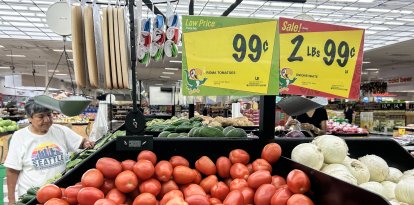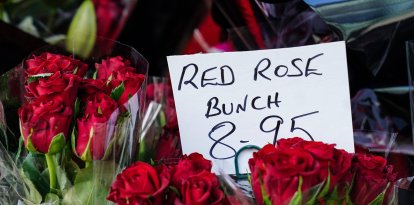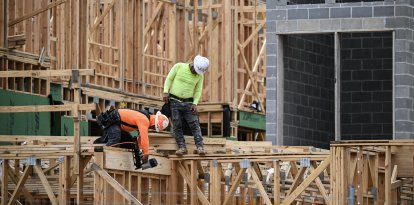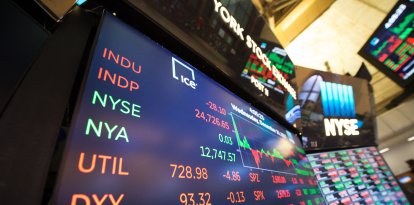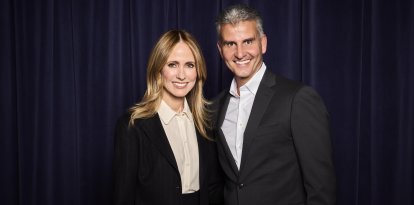U.S. economic freedom falls to Jimmy Carter levels
The Economic Freedom in the World 2022 report by the Fraser Institute shows a decline during the pandemic. America falls to 7th place in the world.

Mercado de abastos / Pixabay
The Fraser Institute has published the Economic Freedom in the World report every year for the past five decades. The study attempts to compare countries in terms of economic freedom, based on five major chapters: size of government, legal system and property rights, monetary stability, freedom of trade and regulation. What is new this year is that the report takes into consideration that there are countries that exert greater economic repression over women.
The report has 2022, the year of publication in its name but uses data from 2020. Thus, the results ought to be interpreted as reflecting the situation two years ago.
Hong Kong is the world's freest economy
The freest economy in the world is Hong Kong. The other report that calculates economic freedom, led by the Heritage Foundation, has eliminated Hong Kong on the grounds that it is too conditioned by the communist regime in Beijing. This economy is followed by Singapore, Switzerland, New Zealand and Denmark (5th largest economy in the world in terms of freedom). Rounding out the top ten are Australia (6th), the United States (7th), Estonia (8th), Mauritius (9th), and Ireland (10th).
Looking at other major economies, we find Japan ranked 12th, Canada 14th, Germany 25th, Spain 28th, France 54th, Mexico 64th, India 89th, Russia 94th and China 116th. Russia and China are near the bottom in economic freedom, but there are economies even more repressed than these. This is the case of the Democratic Republic of the Congo (156th in the world), Algeria, Republic of Congo or Libya. They are followed, occupying the last five places, by Argentina (161st economy in economic freedom), Syria (162nd), Zimbabwe (163rd), Sudan (164th) and Venezuela (165th). There are economies whose economic repression is so high that there is not even data to measure it so they do not appear in this report, such as Cuba or North Korea.
United States: Back to the Carter era
America got an average score of 7.97 out of 10. The best marks for the country's economy are in the chapters on monetary stability (9.63 points) and regulation (8.11 points). The worst scores are in international trade (7.77 points), and especially in protection of property rights (7.56) and size of government (6.79).
Phillip Magness is Director of Research at the American Institute for Economic Research, AIER. The economist has rated data from the United States. In the country, there has been a setback in the valuation, going from 8.25 points in 2019 to 7.97 in 2020. It is not the only case: the response to the pandemic, in general, has not been kind to economic freedom. Over the same years, the average score for the world dropped from 7.00 points to 6.84 points. In fact, only 27 countries have improved economic freedom, and the vast majority are among the worst. The 38 freest economies have worsened in that year.
But this is no consolation when it comes to observing the country's decline in economic freedom. Phillip Magness says:
He concludes, "In short, the United States finished 2020 less economically free than we were at the tail end of the Carter years."
Freedom and progress go hand in hand
The report relates economic freedom to various aspects of human well-being. For this purpose, it divides the countries into four quartiles: four groups equal in number, ordered from the most free to the most repressed. The least free economies have a per capita income of $6,542, $14,122 in the third quartile, $23,234 in the second quartile, and the quartile of the freest economies has an average of $48,251 in per capita income.
If we look at the income of the poorest 10%, the difference is enormous: in the first quartile they earn an average of $14,204, compared to $5,654 in the second quartile. The group of the freest economies is also the group of countries in which, proportionally, the poor have the highest incomes.
Life expectancy in the freest economies is 80.4 years, compared to 76.1 in the second quartile, 72.3 in the third, and 66.0 in the most repressed economies. In freer economies there is a higher degree of schooling, and a higher United Nations happiness index.













